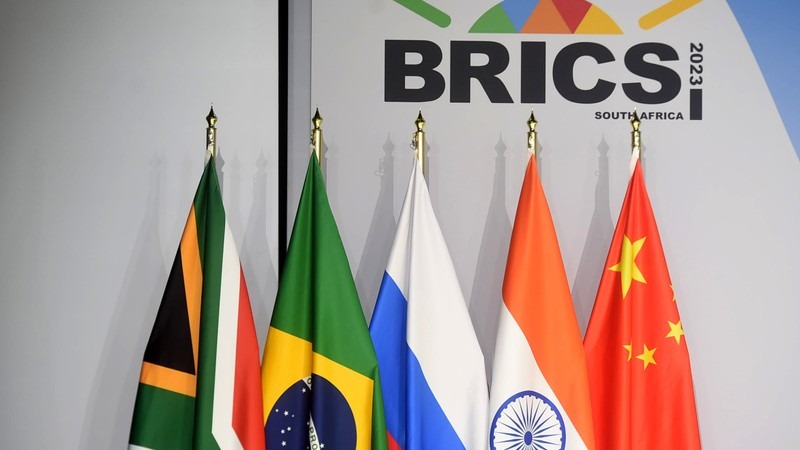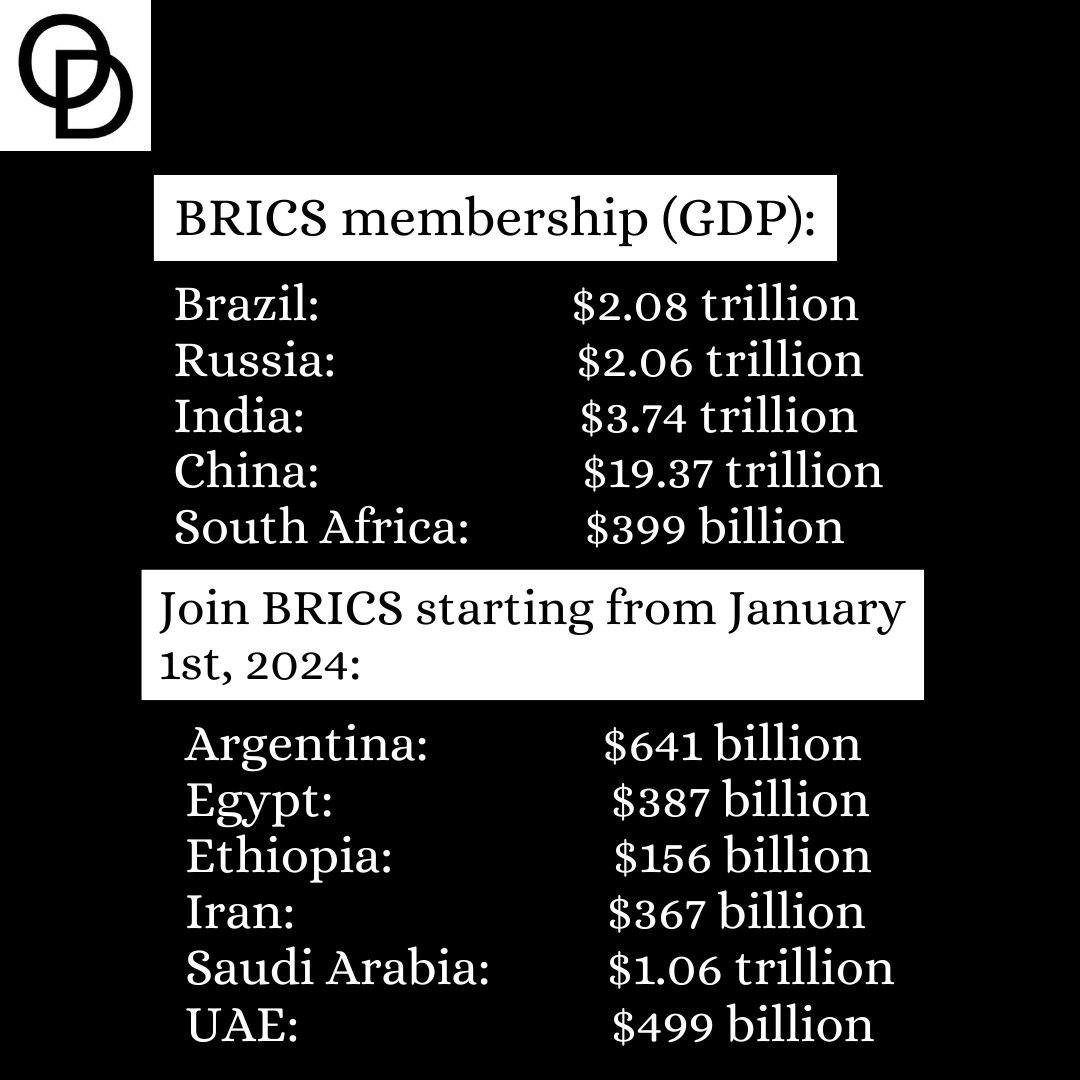In a historic move signaling unity and global cooperation, the Brics bloc of developing nations has announced its expansion, inviting six new countries, including Saudi Arabia, to join its ranks. This breakthrough emerged after three days of intense closed-door deliberations among the Brics leaders, with the host, South Africa, at the helm of the announcement.
Solidarity in Expansion: Brics Pledges to Champion Global South
The heart of the matter during the three-day summit held in Johannesburg was undoubtedly the hotly debated expansion of the Brics bloc. The decision to broaden its membership, currently consisting of Brazil, Russia, India, China, and South Africa, aims to amplify the voice of the developing world. This pledge to champion the cause of the “Global South” underscores the bloc’s commitment to addressing the challenges faced by nations on the rise.
Key Players’ Perspectives: Unity, Cooperation, and Global Impact
The announcement was met with enthusiasm and optimism from the world leaders. Chinese President Xi Jinping described it as a “historic” moment that would inscribe a new chapter in collaborative efforts among developing countries. Indian Prime Minister Narendra Modi applauded the expansion, emphasizing the importance of adapting to changing times. Brazilian President Luiz Inácio Lula da Silva echoed the sentiment, expressing Brics as a source of innovative solutions for shared challenges. President Mohamed bin Zayed of the United Arab Emirates welcomed the inclusion, highlighting the commitment to prosperity, dignity, and global benefit.
Geopolitical Dynamics: Balancing Act and Skepticism Amidst Growth
While the expansion aims to foster unity, some members have voiced concerns over potential shifts in the bloc’s dynamics, especially regarding Beijing’s and Moscow’s interests. However, the leaders emphasized the openness to new candidates and the determination to remain cohesive. The expansion aligns with China’s call to counter Western multilateral forums, reflecting the ongoing global geopolitical shifts.
The introduction of Saudi Arabia, Argentina, Egypt, Ethiopia, Iran, and the United Arab Emirates is set to reshape the Brics landscape, with membership effective from January 1, 2024. The move is poised to outshine the gross domestic product of the G7, demonstrating the substantial economic influence the expanded bloc will wield.
While geopolitical rivals have taken notice, the United States downplayed any potential rivalry, as indicated by Jake Sullivan, the White House’s national security adviser. He clarified that the Biden administration views the Brics expansion as a platform of cooperation rather than a direct challenge. The United States remains committed to managing relations with China and pushing back against Russia’s assertiveness.
In conclusion, the expansion of the Brics bloc represents a historic stride toward global unity and cooperation. The decision to welcome six new members, including Saudi Arabia, signifies the determination of these nations to forge a collective path in addressing the pressing issues of our times. With the Global South at the forefront, the Brics bloc embarks on a new era of collaboration, leaving a lasting impact on the evolving landscape of international relations.
















